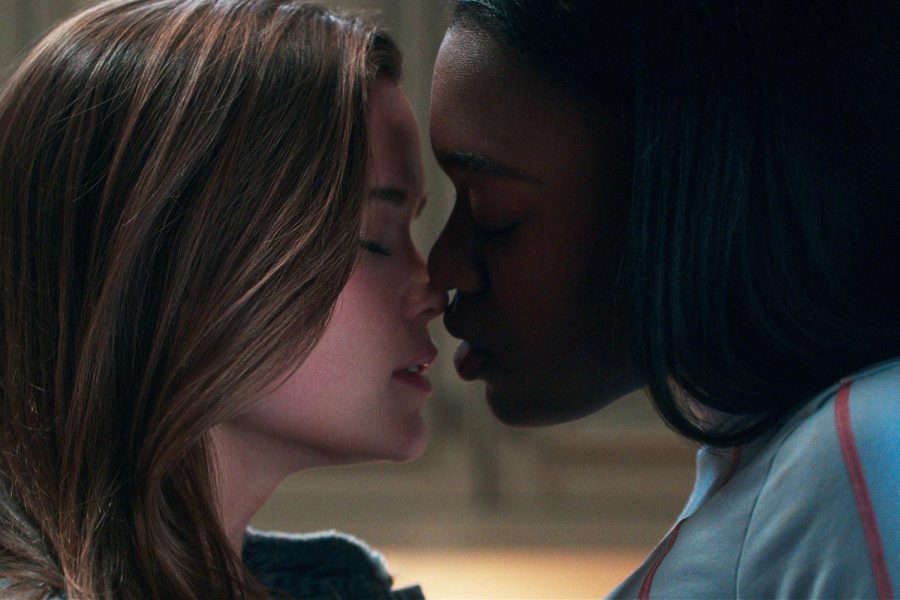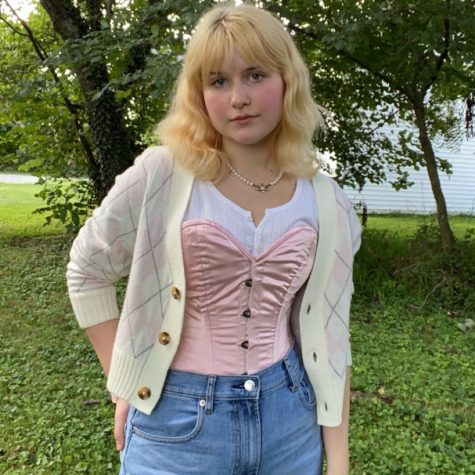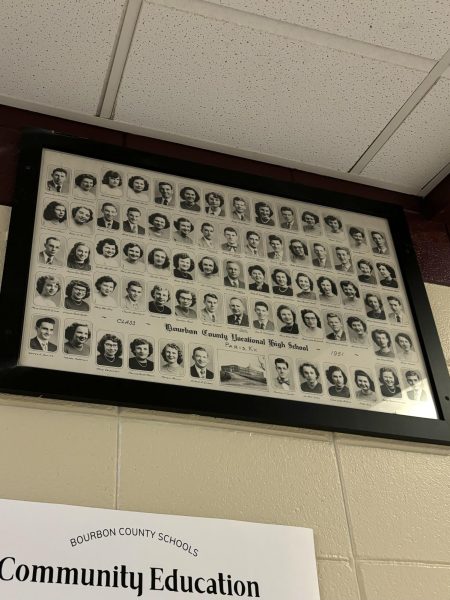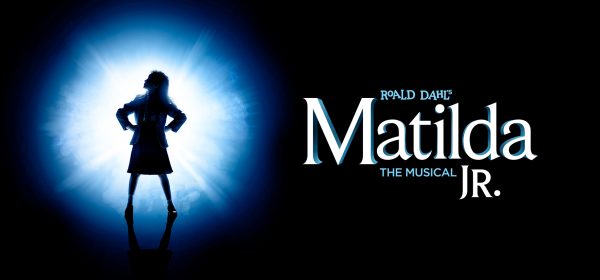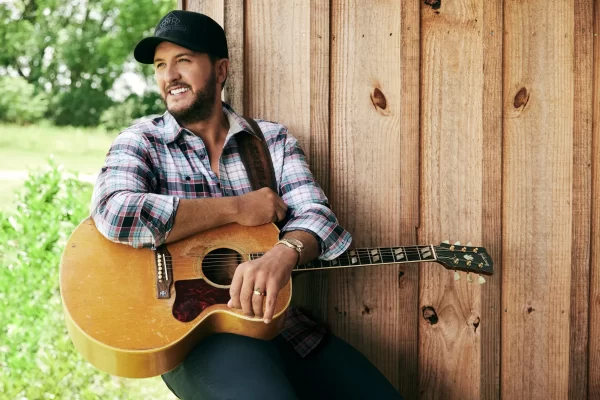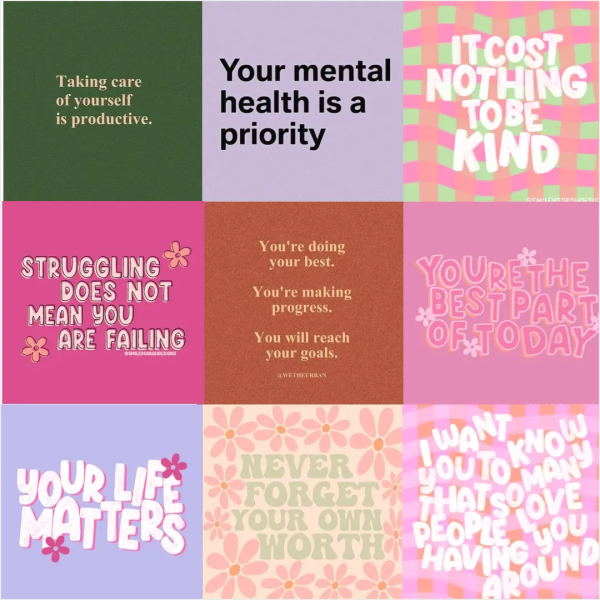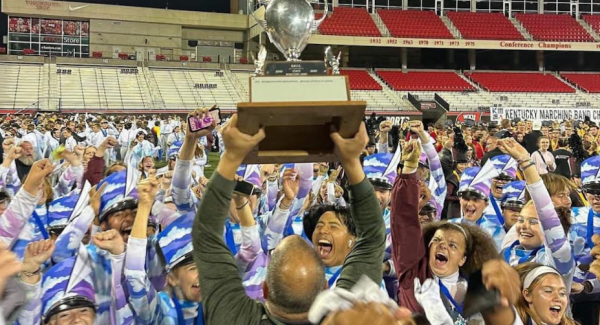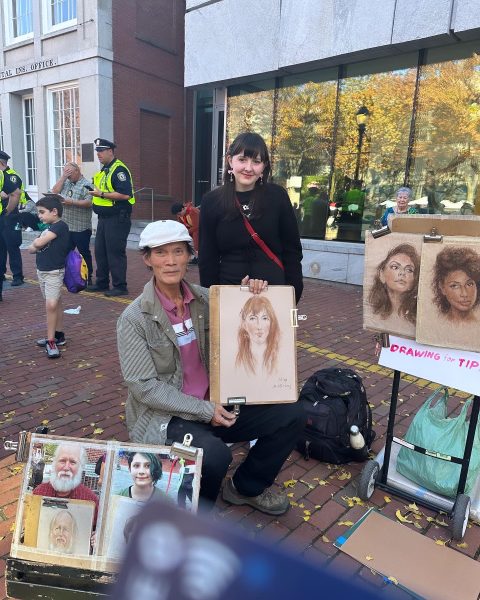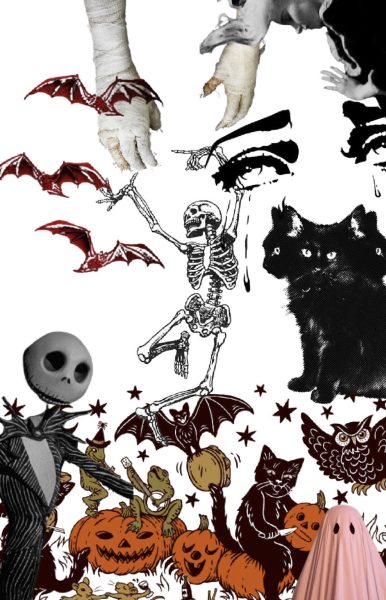Netflix’s “First Kill”: Dead on Arrival?
Cinematographers for First Kill Amy Vincent, Keith L. Smith, Cliff Charles
“First Kill”‘s Calliope Burns (Imani Lewis, Right) and Juliette Fairmont (Sarah Catherine Hook, Left)
August 25, 2022
First Kill, created by VE Schwab, hit millions of viewers’ screens this summer, racking up 30 million hours after only three days on Netflix. Regardless of the fact that it was a brand-new series with only a short story as source material, it gained more viewership than the hit series Heartstopper, and competed with established popular shows like The Umbrella Academy and Stranger Things for a spot in the Top 10. Despite these achievements, the site announced the series would not be renewed for a second season. It would have come to a shock, if it weren’t for the fact that media portraying LGBT characters, specifically queer women, have become known for being canceled after one or two seasons. If someone had a dime for each time a show about LGBT people was canceled, they could make their own show at this point. For lack of better comparison, many fans pointed out the difference between First Kill and Heartstopper’s viewership. Both performing remarkably well, but one’s main focus is a sapphic (woman loving woman) interracial relationship, while the other portrays a relationship between two white men. Even though both could be considered hit shows, one was canceled and the other was renewed for not one but two more seasons.
Internet critics’ reasons for its cancellation have stemmed from the fact that the show deserved it, as it was sloppy and poorly made. The fans, however, believe that it was solely because it was a show dedicated to lesbian characters. It does seem to follow an ongoing trend, with shows like Teenage Bounty Hunters, I Am Not Okay With This, and Everything Sucks, also about lesbians and queer women, also cancelled by Netflix after only a season or two. Twitter was flooded with tags like “First Kill”, “Save First Kill”, and “Cancel Netflix”, full of angered fans trying to figure out why the show wasn’t picked up for a second season, despite amounting a viewership in the hundreds.
It was almost as if the show was set up for failure, with little to no advertising or promotion by Netflix and a particularly pitiful production budget. The lack of promotion honestly indicates that by the time the show was released, Netflix executives had already decided the fate of the series.
The CGI was mediocre at best, and not because their VFX team wasn’t up to par. Shockbox VFX, the series’ visual effects team, has been credited on multiple Rob Zombie productions. A majority of the cast was made up of lesser-known actors. The budget may have very well gone to just locations and the soundtrack, seeing how the show spends quite a bit of time in the Fairmounts’ mansion, while blasting Carrie Underwood and Ashnikko. Even though these seem like great additions to the series, would the use of this budget be better invested in a more cohesive wardrobe and funding the VFX company?
The trend has even coined a new phrase “Cancel your gays”, a reference to the trope “Bury your gays”, which refers to queer characters in media being killed off instead of developed. It brings attention to the eternal queer conflict of whether or not it’s worth it to watch a show with upwards of four seasons, all focusing on LGBT suffering, or to invest in happy and alive gays that get cancelled after one or two seasons. Is it even worth trying, when so many shows also get canceled before even the development stage?
Some viewers brought up the fact that in the age of streaming, shows haven’t been able to reach the same milestones that network shows did, such as hitting 100 episodes or having a 6th season. Streaming and binge-watching have changed the way success in a series has been viewed. Instead of having momentum as a show for upwards of 2 months, like we saw with Euphoria, Netflix originals seemingly fade from popularity. Despite First Kill having massive streaming numbers and trending on multiple platforms, the noise for the show began to die down after 2 weeks.
Fans claim that the cancellation was unfair, since similar shows like The Vampire Diaries and Supernatural needed more than one season to become “good”. However, critics seemed to disagree, since most negative critiques from reviewers stem from the show’s shoddy craftsmanship. The script was too corny, the CGI was too bad, or the acting was too CW for them, which is ironic, since the CW was nowhere near the making of the show. Some lines definitely stuck out like a sore thumb, a dandelion in the rose bush, if you will. The plot line surrounding the Fairmonts, specifically Juliette’s grandmother being eaten by her snake-possessed father (gas leak in the writers’ room?), definitely did not suit the tone. Those scenes being juxtaposed with a beautifully written Romeo and Juliet retelling and heart wrenching acting between the stars Sarah Catherine Hook and Imani Lewis, which was certainly the best part of the show by far. The fractured subplots felt unnecessary and out of place, almost as if they were plucked from the script of Riverdale, creating an unnecessary amount of merit to the CW comparison.
The show had some major setbacks, with its budget making it difficult to properly translate the right level of depth to fight sequences. The CGI monsters looked unnerving, and not in the cool, So-Scary-I’m-Shaking unnerving that other monsters have looked gracing the screen, like Vecna’s design in the latest season of Stranger Things. Despite how much I enjoyed the series, specifically the actors’ chemistry and Cal & Juliette’s relationship, I found myself waiting for something better.
But one thing to be applauded is that while there are few queer shows where the characters’ identities are not a main conflict; First Kill showed two lesbians falling in love. The issues and conflict of the plot were never about the fact they were lesbians, rather that they rushed into things despite their families’ disapproval. It was refreshing and weirdly validating. So much of queer media gets hung up on reality, turning into an angst-filled coming out story instead of a piece of cinema celebrating LGBT people.
It’s with all this in mind that I say, I’m sad to see First Kill go. It wasn’t perfect, but it didn’t need to be. The story and tropes the show leans on were all so familiar but done in a way that felt so new. It’s a Romeo and Juliet retelling about a Vampire & a Vampire Slayer, with a theme song referencing Edward and Bella from Twilight, and lines like “You ate my mother.” I’m not sure anymore if it wanted to be something revolutionary. And I’m not sure if I wanted it to be. I’m disappointed I won’t ever know how the story ends and the potential the show had being wasted and down the drain is almost painful.
After the past few years’ online criticism being filled with echoes of hatred for remakes, retellings, and reboots, First Kill stood out. While having the bones of something known and loved, it added new elements; it was something new: an original story. Viewers are seemingly less and less the main focus of streaming platforms and production companies, because if they were, they would see that there was certainly an audience for First Kill; the first season left something to be desired, and there was so much potential for future seasons.
The cancellation of First Kill is a far cry from radical or unexpected, but it seemingly affirms the isolating feeling that queer people feel. Showing LGBT individuals a series that reflects them and receives the same or even more views than other shows, but then canceling them before allowing them time to succeed. Shows like The Office, with glowing reviews and considered beloved classics, have had some of the worst first seasons. If every show was judged purely on its first season success, our entertainment industry would be pretty bleak.
